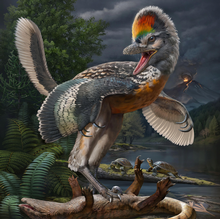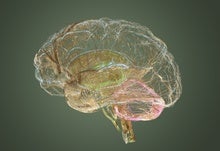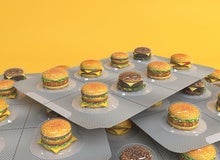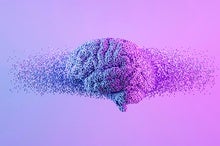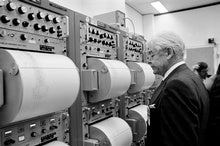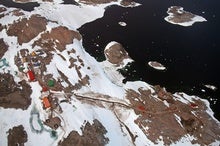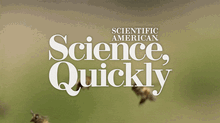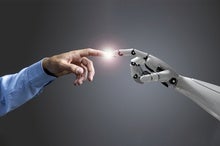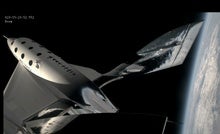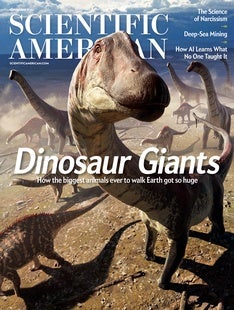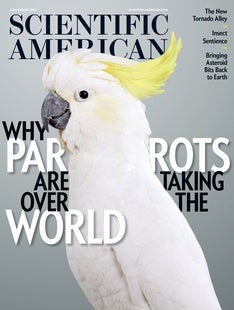 |
| September 15, 2023 |
 |
| |
| Dinosaurs 'Weird' Dinosaur Prompts Rethink of Bird Evolution A newly described fossil is as old as the "first bird," Archaeopteryx, and represents a birdlike dinosaur that might have specialized in running or wading instead of flying | | By Jude Coleman,Nature magazine | | | |
| |
| |
| |
| |
| |
| |
| |
| |
| |
| |
BRING SCIENCE HOME
 | | Make Mouthwatering Candy Melt | 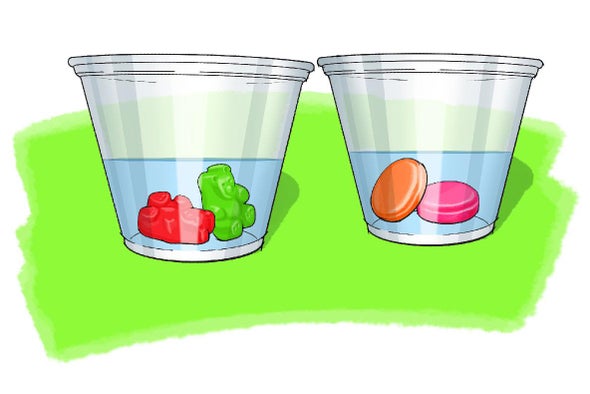 What are the properties of your favorite candies? Use chemistry to test different types--and see what it is that makes your mouth water! Credit: George Retseck | What is your favorite type of candy? Have you ever wondered why you like this candy so much? Is it its taste, how it feels in your mouth—or both? Cooks and food scientists study how substances dissolve or melt to create a unique and pleasant sensation in the mouth and optimize the release of flavor. Would you like to know how your favorite candy works? In this science activity you will study two types of candy and discover what makes them so enjoyable. | |  | |
LATEST ISSUES
 |
| |
| Questions? Comments?  | |
| Download the Scientific American App |
| |
| |



